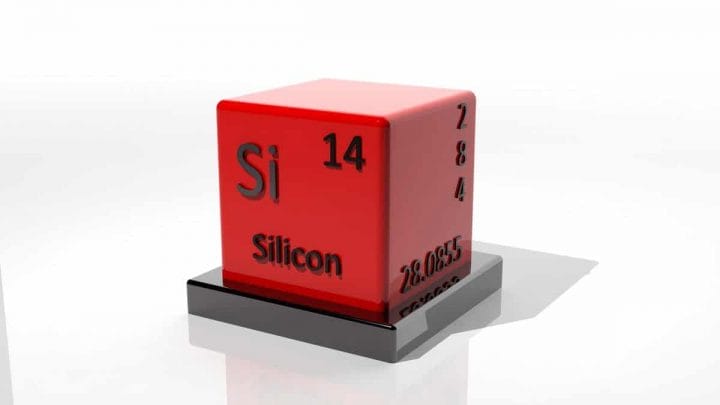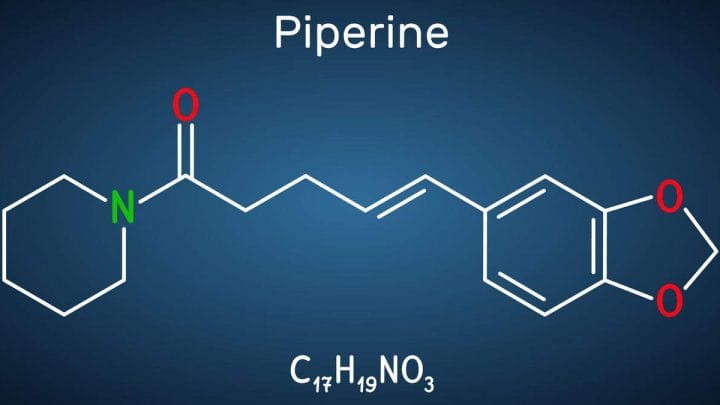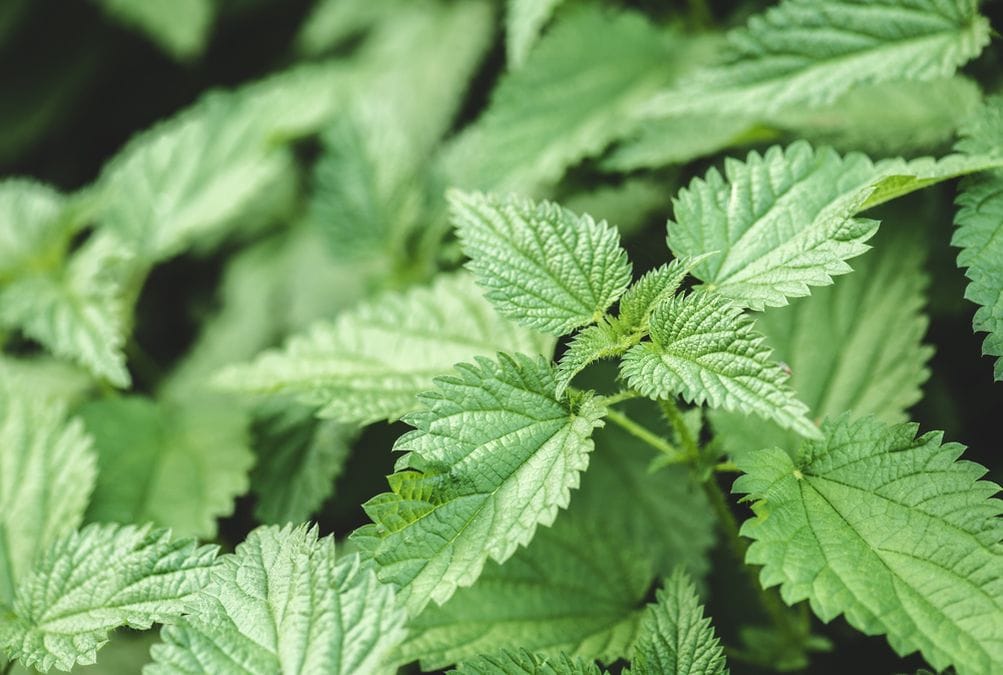
Nettle – for hair loss opinions and effects
Excessive hair loss, or accelerated balding, is a problem that cannot be ignored. It affects both men and women, regardless of age, and is caused by different reasons. Knowing them is important in terms of making a proper diagnosis and choosing an appropriate treatment, and one of the most commonly used is herbal therapy. The use of plants and herbs has a beneficial effect not only on stopping hair loss, but also on the entire state of health, and the plant bringing the greatest benefits is certainly the common nettle (urtica dioica l.).
Contents
Herbal medicine – benefits for our health
Looking for effective methods to stop progressive baldness, it is worth turning to nature, the power of plants known and commonly used for at least centuries. Herbal medicine, also known as phytotherapy, draws on this to the full:
- safety of treatment, in contrast to many pharmaceuticals, the use of most medicinal plants, including nettle, has almost no side effects, the one exception being rare, individual allergic reactions to a given plant;
- rapidity of action, very often the same or similar to that of analogously acting pharmaceuticals;
- the widespread availability of herbs and plants, many of which grow in our fields, meadows and gardens, and the low total price of this method of treatment.
Of course, one should not get too enthusiastic here, herbs are useful in relieving symptoms of numerous ailments and in prevention of some diseases, however, they are not a remedy for everything. With more serious ailments, it is absolutely necessary to visit a specialist and it is he who will decide which treatment method and means to use.
Nettle – origin and appearance of the plant
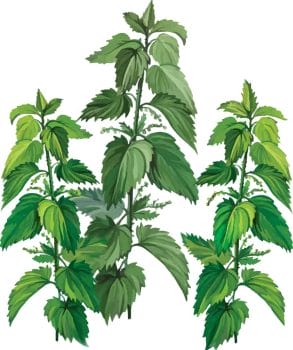
Most of us associate nettle as a weed growing in the garden, which we usually remove, not wanting to come into contact with its scorching leaves. However, we make a huge mistake, usually not knowing that it can be used not only for medicinal purposes, but also in the kitchen, as an addition to many tasty dishes. It is definitely worth learning more about it.
Nettle urtica dioica is a perennial plant of the nettle family (Urticaceae), growing practically on all continents, in Asia, North America, North Africa and, of course, in Europe. It is also known by other names, such as great nettle, dicotyledonous nettle, copra, quagga or quaking nettle. It grows up to 2 m (6 ft) high with a single stem covered in scabrous hairs and dark green heart-shaped leaves, sharp at the tip and with jagged edges, covered in the same hairs as the stem. During the flowering season, it produces small flowers, only about 2 mm in diameter, green and gathered in inflorescences.
Nettle – what nutrients it contains
Dried nettle leaves are used for medicinal purposes, including hair loss, but in cooking it is better to use fresh nettle. After cutting, nettle leaves are left to wither for one to two days so that they burn less and can be processed further. They are a real treasury of valuable for health ingredients, containing such active substances as:
Vitamin B1
Vitamin B1, i.e. thiamine, also has hair-friendly properties as it regulates the sebaceous glands, counteracting excessive sebum production and making hair greasy, which also becomes brittle and dull. Too much sebum very quickly leads to seborrheic dermatitis, which is also the cause of seborrheic alopecia. Vitamin B1 also has other equally important functions:
- regulates the heart and circulatory system;
- takes care of the proper functioning of the nervous system, thus ensuring better memory and concentration;
- strengthens weakened immunity;
- helps to cope faster with growing overweight and obesity, participating in energy metabolism;
- has antioxidant properties, removes free radicals.
Vitamin C
Definitely the most important one from the point of view of health, without which it would be completely “disregulated” and that’s why it is worth providing it together with nettle, preferably in the form of dietary supplements of which it is a component. Vitamin C, also known as l-ascorbic acid, is one of the strongest antioxidants, eliminating a significant part of free radicals and protecting the body from the effects of oxidative stress. Of course, this is not the only effect of ascorbic acid, which also has a positive influence on
- intensification of collagen synthesis, a protein that forms connective tissue, which is part of bones, joint cartilages, teeth, skin and blood vessels, among others;
- increased production of hyaluronic acid, also needed by hair and skin;
- better absorption of iron and utilization of folic acid by the body, necessary for the formation of erythrocytes, i.e. red blood cells;
- higher immunity, a more efficient immune system;
- halting natural skin aging processes, its good hydration, nourishment, smoothing wrinkles and reducing discoloration;
- less hair end splitting with simultaneous strengthening of its natural colour;
- reducing the negative effects of stress, improving mental well-being.
Vitamin E
Another antioxidant, protecting body cells from damage as a result of the already mentioned free radicals. Its positive effect on hair cannot be underestimated as it is responsible for the condition of the scalp, nourishing it and accelerating the healing of wounds and other irritations. VitaminE supplements make hair stronger and help it regain its shine and colour. Other, equally important pro-health properties of this vitamin are:
- protection against atherosclerosis;
- Prevention of platelet aggregation, which is the risk of thrombosis;
- proper blood clotting;
- maintaining proper blood glucose level, which is an important element in prevention of diabetes;
- better functioning of eyesight;
- higher fertility, supporting ovulation in women and the production of better quality sperm in men;
- a more efficient heart and cardiovascular system by lowering levels of the harmful LDL fraction of cholesterol.
Vitamin K
A combination of several organic compounds into one group, essential especially for maintaining normal blood clotting. In nature it occurs in two different forms, as:
- vitamin K1, whose other names are: phylloquinone, phytonation or phytomenadione, produced precisely by plants, present in large quantities also in nettle leaves, which the body absorbs in about 70 percent;
- vitamin K2 (menaquinone), produced by the bacteria of the human digestive system, which are part of the so-called bacterial flora of the intestines, assimilable in practically 100 percent.
Its supplementation is essential, and its numerous therapeutic properties make it almost impossible to do without it. It, which is also contained in nettle, is responsible for important processes occurring within the body:
- participates in the synthesis of factors responsible for the aforementioned blood clotting;
- has a protective effect against hemorrhages thanks to strengthening and sealing the walls of blood vessels;
- maintains a balanced calcium level, which supports bone and joint health;
- has anti-inflammatory, anti-fungal, antibacterial and analgesic properties;
- is an element of anticancer prevention.
Mineral salts
In short, elements supplied with dietary supplements containing nettle leaf extracts, which have a positive effect on health. They are found in practically every cell of our body, regulating the course of many vital processes. Nettle contains the most important of these, which, also according to hair loss specialists, are:
- silicon, an element without which we cannot dream of strong, healthy and not falling out hair, acting already at the cellular level. It prevents hair loss by strengthening the hair structure, thanks to which it is no longer brittle and fragile; it also strengthens hair follicles and bulbs. It also has a positive effect on heart function, joint efficiency, strong bones, restores skin firmness, smoothes wrinkles and removes acne lesions;
- calcium, commonly known as calcium, another element strengthening bones and preventing their diseases, including osteoporosis. It is best to supplement it with vitamin D, which enhances its effect and increases its assimilability, as well as with the described vitamin K2. Calcium deficiency also has a negative effect on the condition of hair, which splits at the ends, becomes dry and begins to fall out;
- phosphorus, an element which in combination with calcium guarantees the resistance of bones to fractures and prevents tooth loss. Phosphorus is a component of phospholipids, which are responsible for the correct structure of cell membranes and protect against muscle cramps and swelling. It strengthens hair, ensures its flexibility, regulates the level of sebum secretion and reduces the possibility of dandruff;
- manganese, which also actively participates in the production of red blood cells, improves the absorption of iron and vitamins, regulates the work of the brain and nervous system, prevents dryness and cracking of the skin, weakening and loss of hair, also takes care of libido, maintaining full sexual performance.
Other biologically active compounds
Vitamins and minerals that promote not only hair, but also the entire state of health, are not the only active compounds that this plant, which we should not consider an unnecessary weed, contains. It is also found in:
- fatty acids;
- organic acids,
- flavonoids, including rutin and quercetin;
- tannins;
- phytosterols;
- carotenoids, including carotene and lutein.
Nettle – summary of medicinal properties
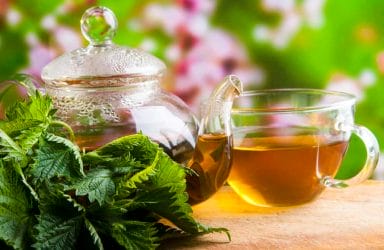
The composition of the common nettle clearly and clearly shows that it is worth appreciating for its versatile and positive effect on our health. It works especially well for hair, preventing it from falling out, strengthening weakened hair roots and follicles, preventing split ends. It also prevents testosterone from converting into its harmful variety, dihydrotestosterone, DHT, which irreversibly damages follicles. However, these are not its only healing properties and it is also used for other ailments:
- infections of the upper respiratory tract, reduces the symptoms of rhinitis or troublesome hay fever;
- allergies, thanks to its antihistamine properties it is useful for both seasonal and chronic allergic reactions;
- severe back and joint pain caused by arthritis or rheumatoid arthritis;
- disorders of the digestive system, diarrhoea, indigestion and gastritis or intestinal catarrh;
- infections and inflammations in the mouth, as it has disinfectant properties;
- excess toxins in the body, which it helps remove thanks to its diuretic properties, which will also be appreciated by people who want to get rid of their excess weight or obesity
- too high blood sugar levels, effectively reducing them;
- urinary tract infections, it can be used in case of kidney stones;
- heart and circulatory system diseases, as it lowers the level of cholesterol and lipids in the blood;
- increases insulin secretion and insulin sensitivity, useful in the treatment of diabetes;
- symptoms of menopause in women, and in men – complaints related to prostate hypertrophy.
Nettle – application and contraindications
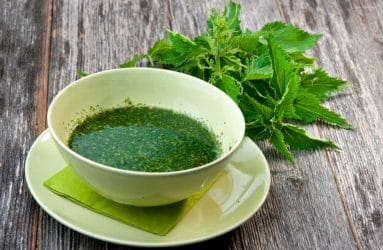
It is difficult to imagine eating freshly picked nettle, better to consume it after processing, in the form of an addition to other dishes or an aromatic infusion of fresh leaves. It is enough to pour hot water over young leaves and let them steep for about half an hour, and drink the ready brew 2 or 3 times a day. For hair it is worth to use a rinse, the same, but cooled down infusion, and in stores there are also available ready-made poultices and conditioners with nettle in its composition. If you have a problem with thinning hair, you should also be interested in tablets for hair loss, the ranking of which can be found at this link:
TABLETS FOR HAIR LOSS – RANKING
Nettle should not be overdosed, the recommended amount of tea from this plant, for example, is a maximum of 4 cups per day. If we drink more, we have to reckon with a dangerous lowering of sugar levels, leaching minerals from the body, and nettle is also not recommended for people with cancer and kidney disease.
Sources:
- https://www.healthline.com/nutrition/stinging-nettle
- https://www.medicalnewstoday.com/articles/325244


